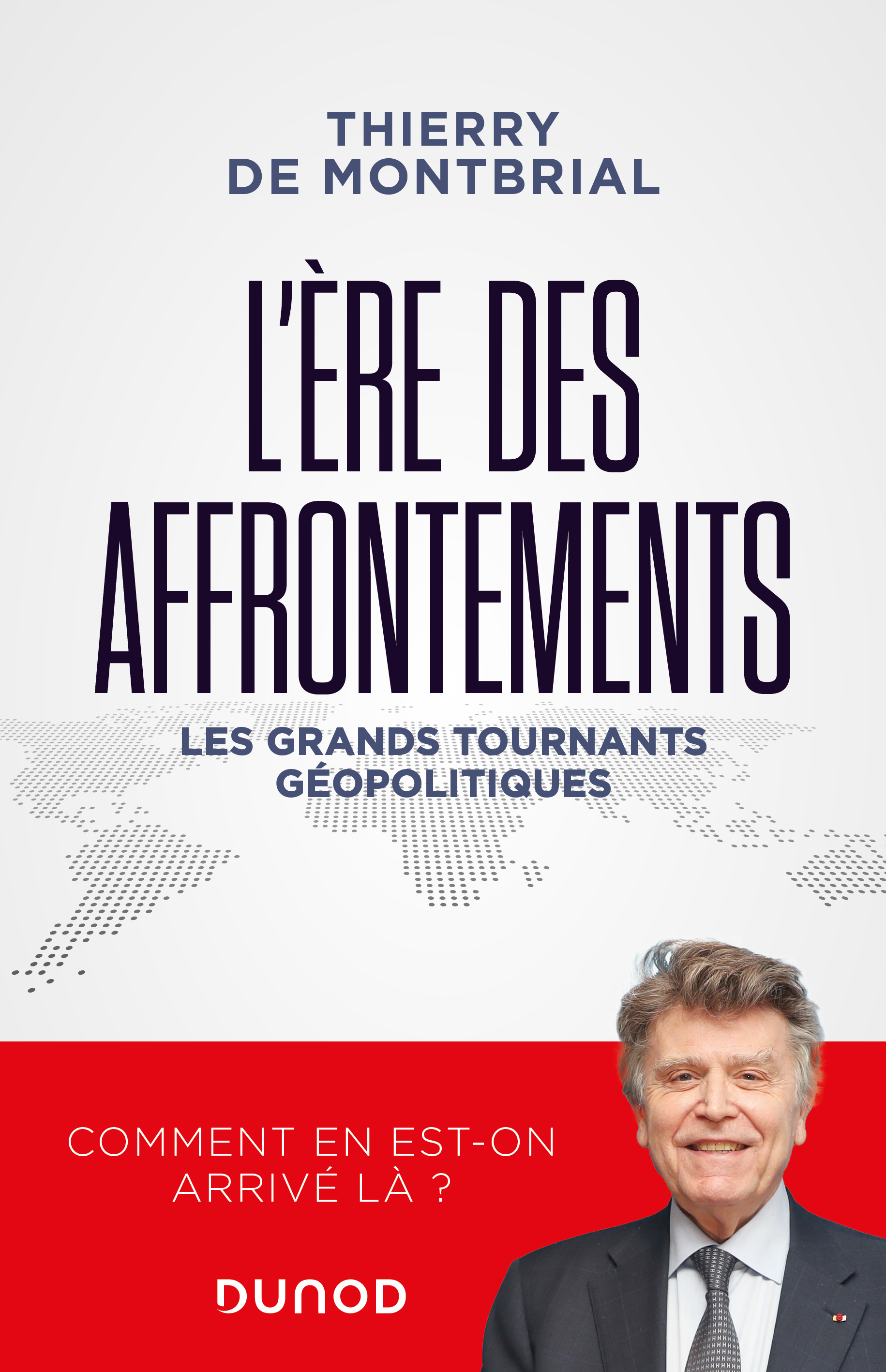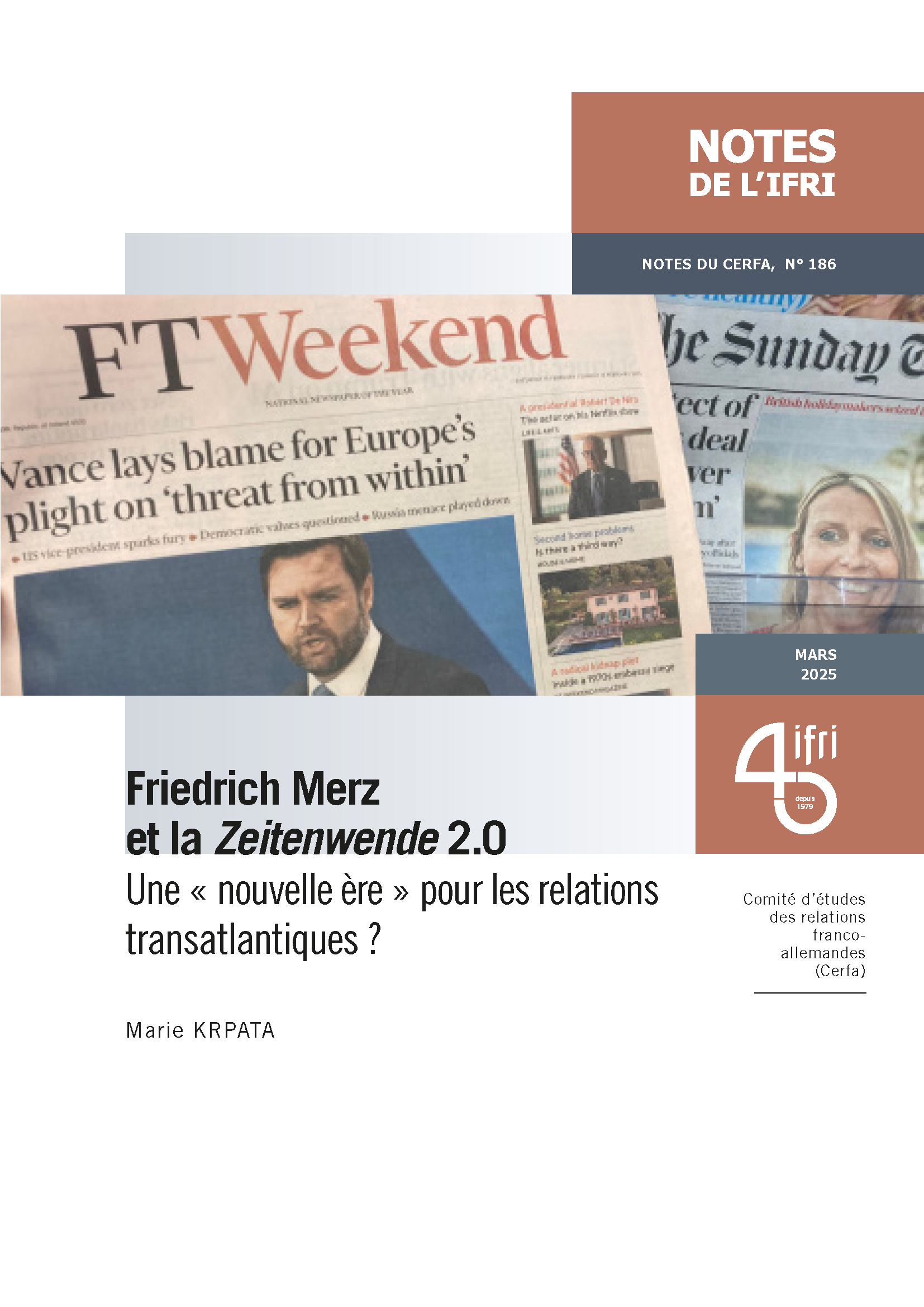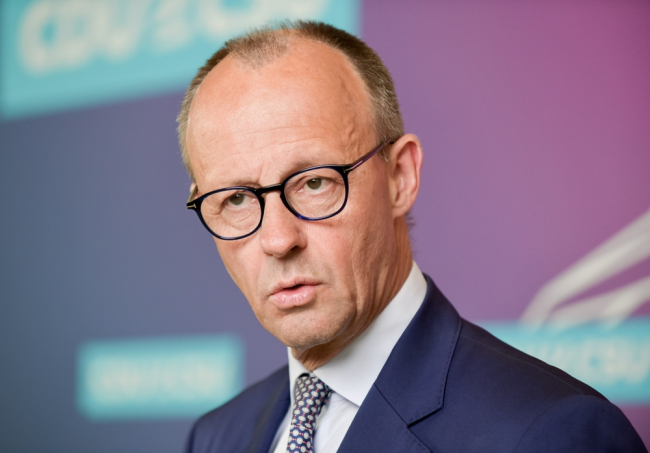Die Außenpolitik der AfD zwischen Loslösung vom Westen und Partnerschaft mit dem Osten
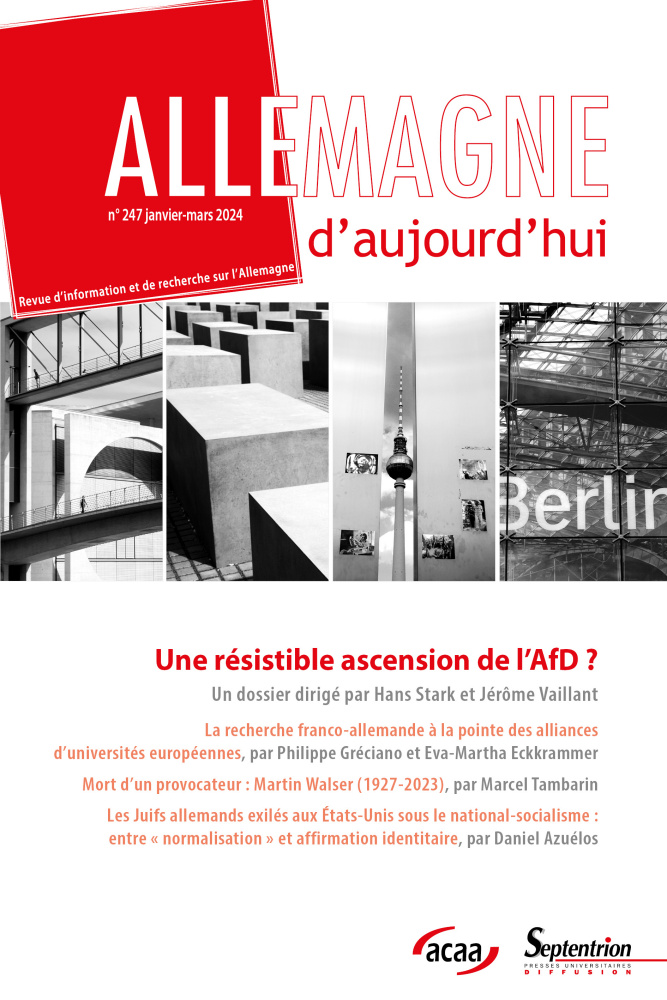
Die AfD wurde 2013 im Rahmen der Währungskrise als „Alternative“ zur Euro-Rettungspolitik der Regierung Merkel gegründet. Seitdem zeugen die Europawahlprogramme 2014, 2019 und 2024 von einer stetigen Radikalisierung.
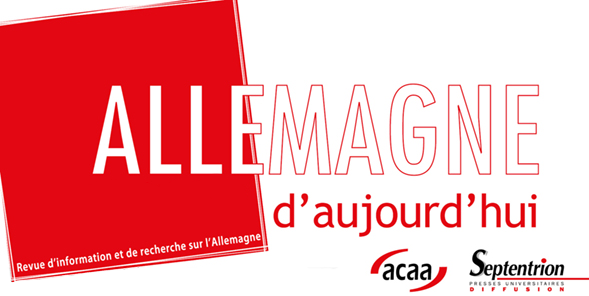
Die AfD hat sich von einer Partei des „weichen Eurosskepktizismus“ zu einer rechtsextremen Partei gewandelt, die den „Dexit“ heraufbeschwört und einen doppelten Bruch in der deutschen Außenpolitik fordert. Die EU, die in ihrer derzeitigen Identität und Funktionsweise „schädlich“ sei, solle zu einer antimuslimischen „Festung Europa“ in den Diensten der Nationalstaaten umfunktioniert werden, während Deutschland generell dazu aufgerufen werde, dem russischen wirtschaftlichen und politischen Modell stärker zu folgen. Sollte Deutschland vor die Wahl gestellt werden, sich zwischen dem Westen und dem Osten zu entschieden, sollte es aus der Sicht der AfD die NATO und die EU verlassen, sich Russland annähern und sich in die politischen und wirtschaftlichen Kooperationsstrukturen integrieren, die zwischen Rußland und China existieren.
Etienne Dubslaff ist Maître de Conférences in deutscher Zivilisation an der Universität Paul-Valéry Montpellier 3 und Mitglied des CREG.
- Diese Publikation ist auf Französisch verfügbar: Allemagne d'aujourd'hui, n° 247, janvier-mars 2024 (S. 75-87).
Verwandte Zentren und Programme
Weitere Forschungszentren und ProgrammeMehr erfahren
Unsere VeröffentlichungenDie Deutsch-Französische Brigade und der Wiederaufbau der europäischen Verteidigung
Seit Donald Trumps Rückkehr ist klar: Das europäische Einigungsprojekt ist existenziell gefährdet. Gelingt es den Europäern angesichts des anhaltenden Krieges in der Ukraine und schwindenden US-Sicherheitsgarantien nicht, verteidigungspolitisch souverän zu werden, werden die Integrationsbereitschaft im Inneren und die Attraktivität der EU nach außen weiter erodieren.
Friedrich Merz und die „Zeitenwende 2.0“: eine „neue Ära“ für die transatlantischen Beziehungen?
Am 23. Februar 2025 waren fast 60 Millionen Wähler aufgerufen, einen neuen Bundestag zu wählen. Diese Wahlen werden auch eine neue Regierung in der größten Volkswirtschaft Europas hervorbringen.
Nach den Wahlen: Deutschland auf der Suche nach erschütterter Stabilität?
Mit einer Wahlbeteiligung von 82,5 % hat Deutschland die höchste Beteiligung seit 1987 verzeichnet – ein Anstieg um 6,1 Prozentpunkte im Vergleich zu 2021. Wie schon damals hat die hohe Wahlbeteiligung vor allem der Alternative für Deutschland (AfD) genutzt, die viele frühere Nichtwähler mobilisieren konnte. Viele Wähler wollten mit ihrer Stimme die scheidende Regierung abstrafen, deren Zustimmung vor dem Bruch der Koalition im November 2024 nur noch bei 14 % lag. Deutschland steuert nun aller Wahrscheinlichkeit nach auf eine Große Koalition aus CDU/CSU und SPD zu – die Sondierungsgespräche haben am 28. Februar begonnen.
Wartet Frankreich auf Friedrich Merz?
In den vergangenen Wochen hat sich Friedrich Merz wiederholt für eine engere deutsch-französische Zusammenarbeit ausgesprochen. Wie viel Veränderung könnten seine Appelle tatsächlich bewirken?


